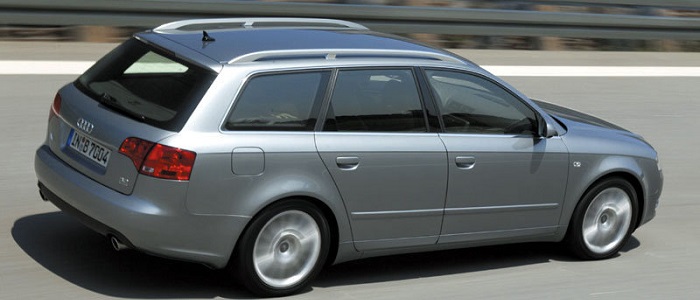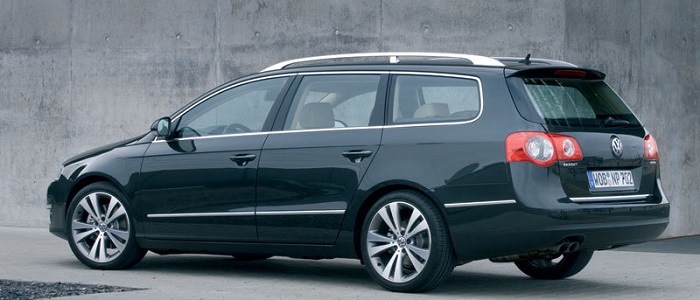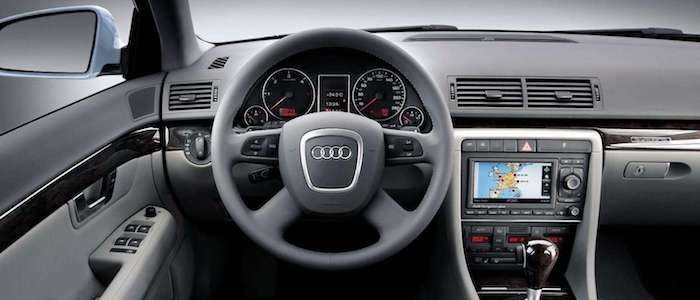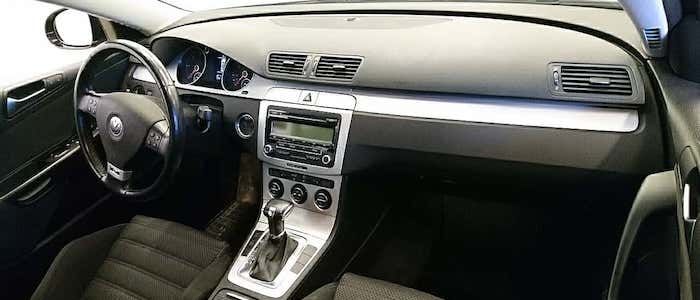Compare two cars
Compare any two cars and get our Virtual Adviser™ opinion
Dimensons & Outlines
Check vehicle history
Engine
Performance (manual gearbox)
Performance (automatic gearbox)
Expenses
Virtual Adviser's™ opinion
Two significantly similar cars, no doubt about that. Still, each one has something different to offer. Having both cars powered by petrol engines and utilizing the 5-door wagon body style within the same 'Large family car' segment, the only major difference here really is their wheel drive configuration (front for the Audi and 4 x 4 in the case of the Volkswagen). Both the engines are Volkswagen-engineered . The first one has a 6-cylinder, 24-valves 256hp unit, while the other one gets its power and torque from a 6-cylinder, 24-valves 250hp one.
SafetyBoth vehicles got tested by European New Car Assessment Programme (Euro NCAP), with the Volkswagen being a slightly better choice apparently. Still, apart from the official crash test results there are other things we need to be aware of. Both vehicles belong to the large family car segment, which is generally a good thing safety-wise, but that fact doesn't break the tie between the two cars. On the other hand, if we'd like to consider vehicle mass in this context too, which we definitely should, Passat offers a considerable difference of 11% more metal.
ReliabilityManufacturers have been building their reliability reputation for decades now and, generally speaking, it appears that Volkswagen does have a slight advantage, at least on all of the models level. These are the results of an independent reasearch, while our visitors describe reliability of Audi, as well as Volkswagen, with the same average rating of 4.2 out of 5. Independent research findings rank A4 as average reliability-wise, and Passat is more or less at the same level.That apart, owners of different cars powered by the same engine as Audi A4 rank it on average as 4.4, while the one under the competitor's bonnet gets 4.3 out of 5.
Performance & Fuel economyAudi is a bit more agile, reaching 100km/h in 0.2 seconds less than its competitor. In addition to that it accelerates all the way to 245 kilometers per hour, 2km/h more than the other car. When it comes to fuel economy things look pretty much the same for both cars, averaging around 9.7 liters of fuel per 100 kilometers (29 mpg), in combined cycle.
Verdict
Volkswagen appears just a bit more reliable, although the difference is truly marginal. The most important thing when deciding between any two vehicles should always be safety, both passive and active. In my opinion, everything taken into account, Passat beats the other contender by far, making it the best choice without even considering other things. From there things take a different direction, with Audi being considerably quicker, thus putting more smile on driver's face. To make things even better, it consumps less fuel! At the end, as much as I'd like to give you a winner here, it's simply a pure tie if you ask me. Nevertheless, let's not forget that people have different preferences and needs, so what really counts is your personal feel. I'm only here to help. I suggest you spend two more minutes in order to find out which car, based on your needs and budget, would be picked by the virtual adviser™, out of 12.000+ vehicles we currently have in our database.
































